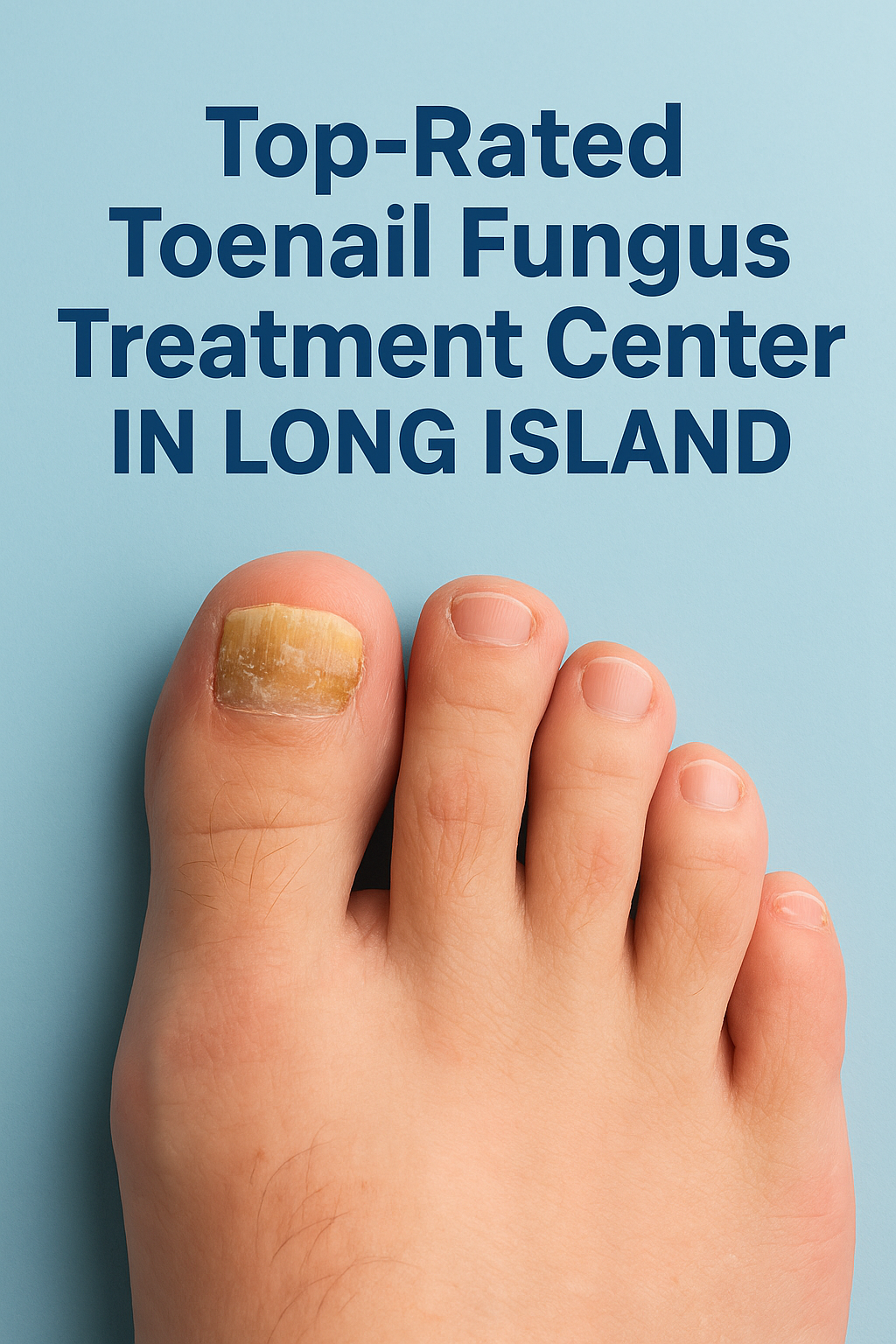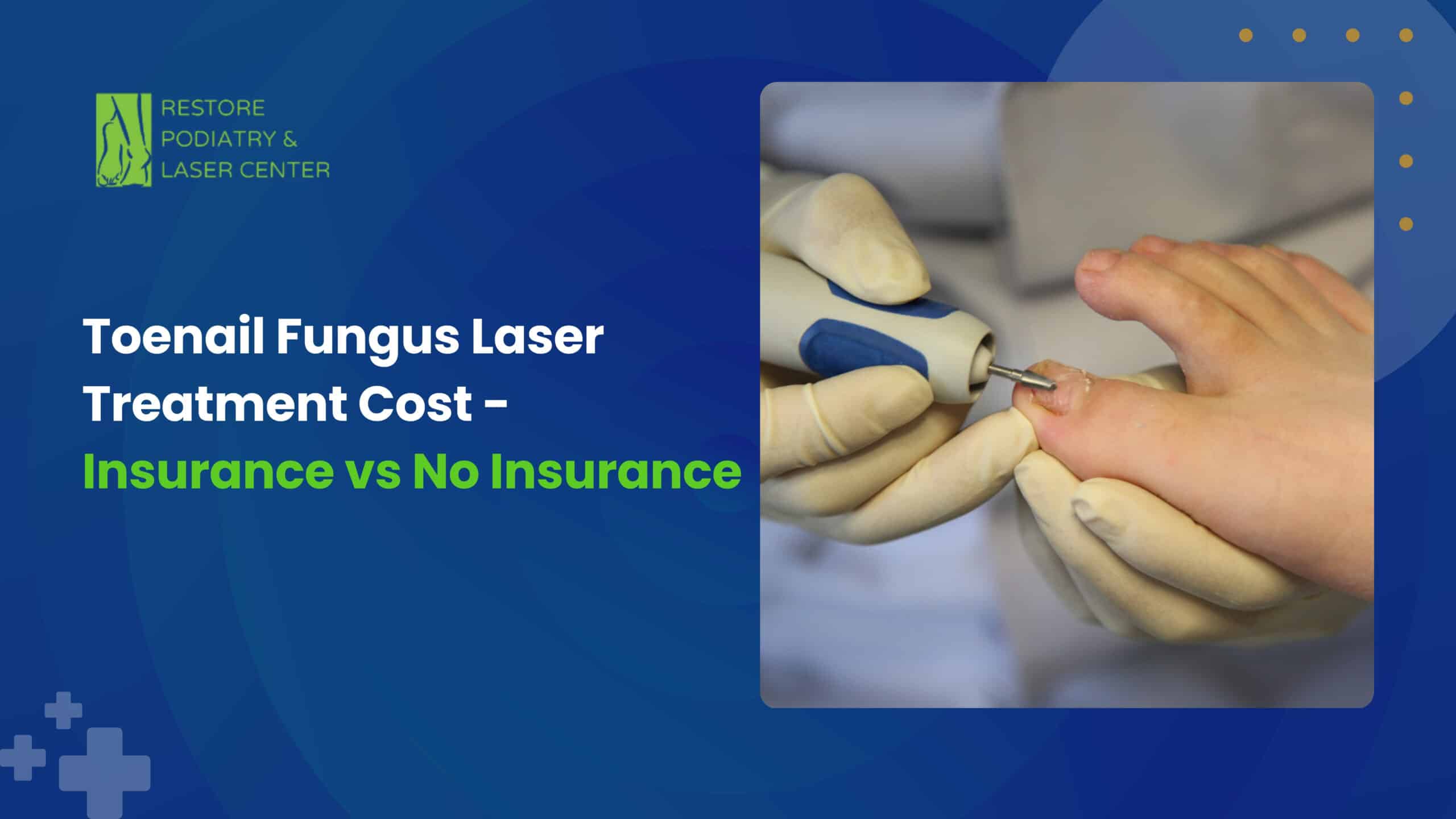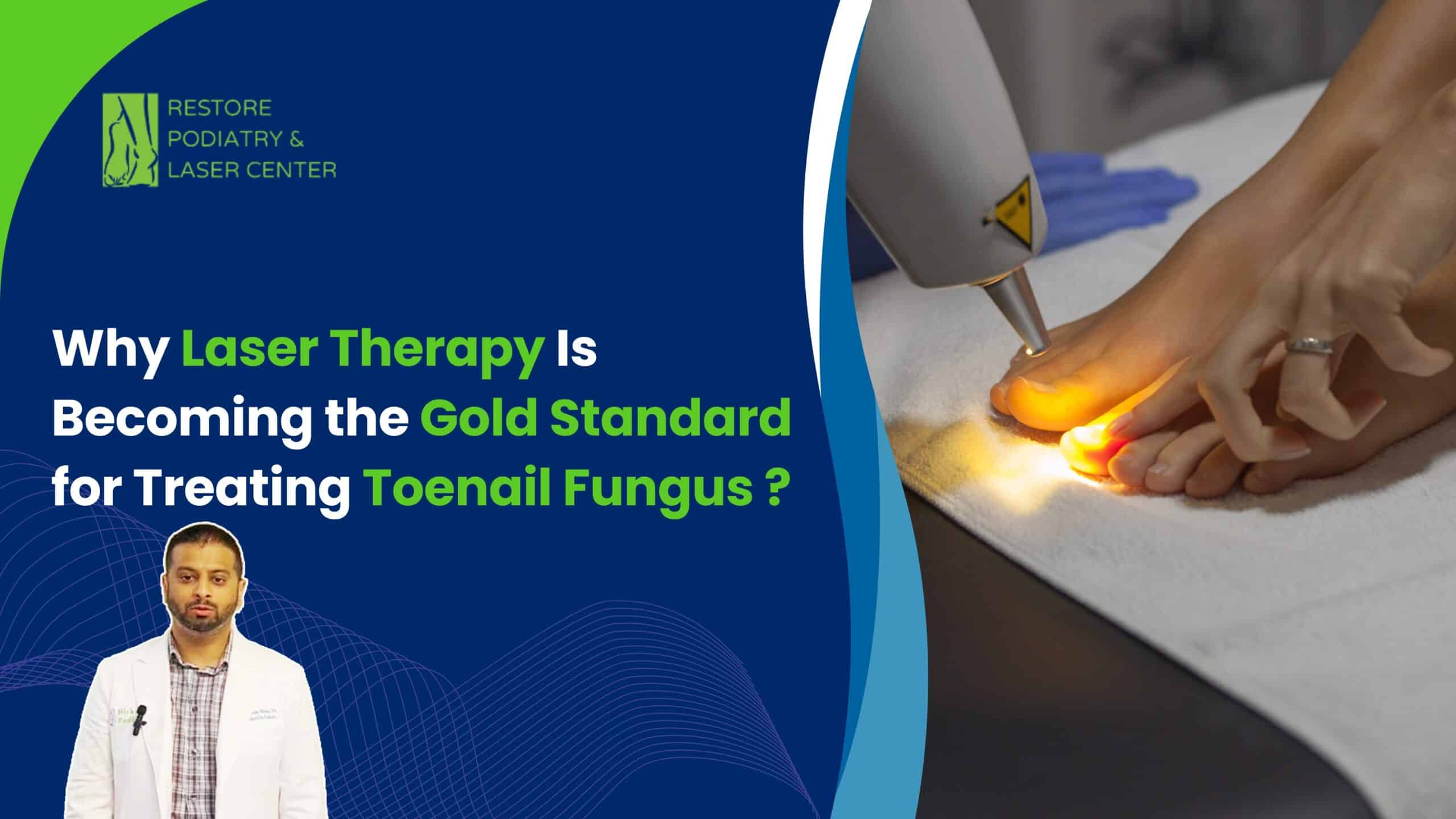Why do so many people with neuropathy still have neuropathy despite all of the common standard treatments? This is because so many people make the first choice to visit a neurologist, go to a primary care doctor, or see any other doctor, which they were not aware of the common treatment option that would be given to them; pretty much everyone wants something that is covered by their insurance.
Unfortunately, they show that the most common treatment is taking Gabapentin, also known as Neurontin. Many people go to doctors; they check you out, evaluate you, do the blood work, then they tell you you have neuropathy, and they give you a prescription for Gabapentin. Many doctors don’t tell you what Gabapentin is, how Gabapentin works, and whether it really does anything to repair the nerve damage.
You can google all of these answers on your own. You’re responsible for your health, like deciding which doctor to go to, which treatment you go to, picking a decision, and what treatment you should have.



